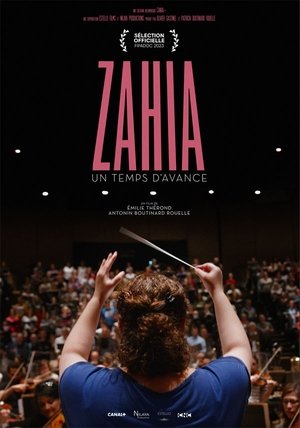
Vivaldi(1987)
A chronicle of the life and music of Vivaldi (1987)
It was Antonio Vivaldi who developed the classic symphony orchestra, added coloration to the strings and wind instruments to the ensemble, originated the concerto for solo instruments, and was considered to be one of the greatest violinists of the 18th century. This biographical program chronicles the life and musical styles of Vivaldi, with on-location footage and lush studio re-creations of original settings showcasing the astonishing variety of Vivaldi’s works. Included are extracts from operas, oratorios, masses and sonatas, and concertos for flute, oboe, and trumpets, as well as such violin concertos as The Four Seasons. Fifteen-year-old prodigy Corey Cerovsek portrays the young Vivaldi, and world-renowned violinist Steven Staryk plays Vivaldi as a grown man.



Movie: Vivaldi
Top 4 Billed Cast
Antonio Vivaldi
Antonio Vivaldi
Narrator
Special Guest

Vivaldi
HomePage
Overview
It was Antonio Vivaldi who developed the classic symphony orchestra, added coloration to the strings and wind instruments to the ensemble, originated the concerto for solo instruments, and was considered to be one of the greatest violinists of the 18th century. This biographical program chronicles the life and musical styles of Vivaldi, with on-location footage and lush studio re-creations of original settings showcasing the astonishing variety of Vivaldi’s works. Included are extracts from operas, oratorios, masses and sonatas, and concertos for flute, oboe, and trumpets, as well as such violin concertos as The Four Seasons. Fifteen-year-old prodigy Corey Cerovsek portrays the young Vivaldi, and world-renowned violinist Steven Staryk plays Vivaldi as a grown man.
Release Date
1987-01-01
Average
0
Rating:
0.0 startsTagline
A chronicle of the life and music of Vivaldi (1987)
Genres
Languages:
EnglishKeywords
Similar Movies
 0.0
0.0London Symphony Orchestra: The Young Debussy(en)
The evocative music of Claude Debussy has been described as the foundation of modern music. But how did the composer come to develop his unique style? On this video, maestro Francois-Xavier Roth and the London Symphony Orchestra present the UK premiere of a previously lost work by the young Debussy, alongside some of his earliest inspirations. Debussy's newly discovered Premiére Suite gives a rare insight into the mind of a young composer on the cusp of innovation. It's a work filled with Romantic and Eastern influences and glimpses of the unexpected harmonies that came to define Debussy's work. Paired alongside the composer's role models - from Wagner's powerful intertwining motifs, the abundant Spanish influences in Lalo's rarely-heard Cello Concerto performed here by Edgar Moreau, and Massenet's majestic Le Cid - Francois-Xavier Roth gives a fresh perspective on the much-loved composer.
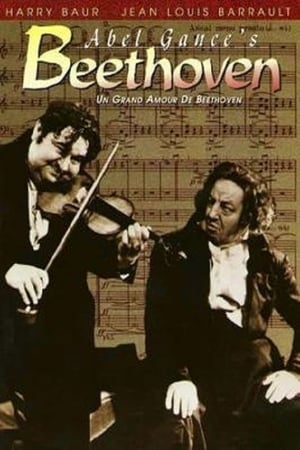 6.9
6.9The Life and Loves of Beethoven(fr)
Lyrical biography of the classical composer, depicted as a romantic hero, an accursed artist.
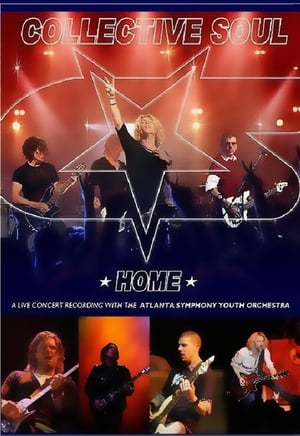 4.2
4.2Collective Soul - Home(en)
Multi-platinum recording artists release their first-ever live DVD. Recorded in April 2005, the shows were filmed in the band's hometown of Atlanta during two special sold-out performances featuring the Atlanta Symphony Youth Orchestra. The 20-song collection spans ninety minutes and encompasses hits from Collective Soul's seven studio albums, including their latest release, "Youth".
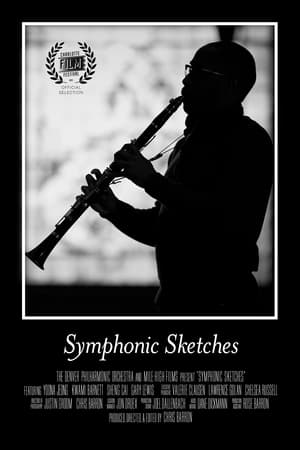 0.0
0.0Symphonic Sketches(en)
“Symphonic Sketches” tells the story of one classical music concert performed by the Denver Philharmonic Orchestra. Musicians from diverse racial backgrounds connect to the repertoire in unique ways and stage an unforgettable performance.
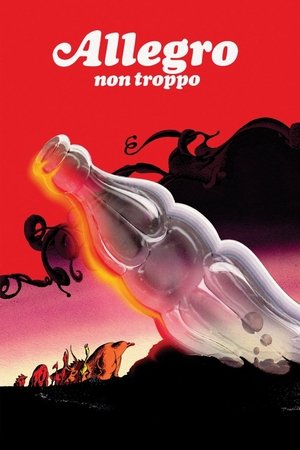 7.1
7.1Allegro non troppo(it)
The film is a parody of Disney's Fantasia, though possibly more of a challenge to Fantasia than parody status would imply. In the context of this film, "Allegro non Troppo" means Not So Fast!, an interjection meaning "slow down" or "think before you act" and refers to the film's pessimistic view of Western progress (as opposed to the optimism of Disney's original).
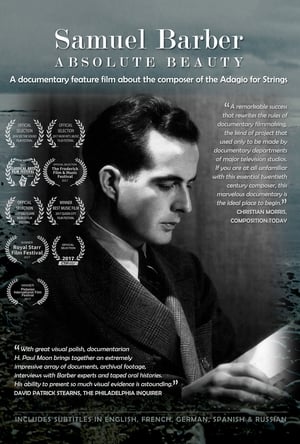 10.0
10.0Samuel Barber: Absolute Beauty(en)
Known for his mournful "Adagio for Strings," Samuel Barber was never quite fashionable. This acclaimed film is a probing exploration of his music and melancholia. Performance, oral history, musicology, and biography combine to explore the life and music of one of America’s greatest composers. Features Thomas Hampson, Leonard Slatkin, Marin Alsop and many more of the world's leading experts on Barber's music, with tributes from composers Leonard Bernstein, Aaron Copland, Virgil Thomson and William Schuman. The film was broadcast on PBS, and screened at nine film festivals internationally, with three best-of awards. It was named a Recording of the Year 2017 by MusicWeb International.
 6.1
6.1Rock School(en)
It is about a music school in Philadelphia, The Paul Green School of Rock Music, run by Paul Green that teaches kids ages 9 to 17 how to play rock music and be rock stars. Paul Green teaches his students how to play music such as Black Sabbath and Frank Zappa better than anyone expects them to by using a unique style of teaching that includes getting very angry and acting childish.
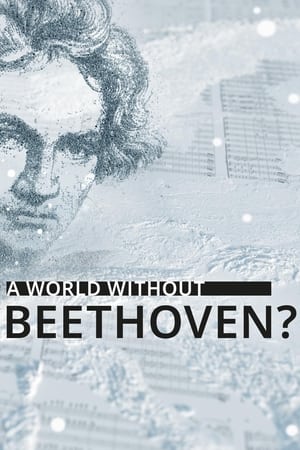 7.7
7.7A World Without Beethoven?(en)
"What would the world be like without Beethoven?" That’s the provocative question posed by this music documentary from Deutsche Welle. To answer it, the film explores how Ludwig van Beethoven's innovations continue to have an impact far beyond the boundaries of classical music, 250 years after his birth.
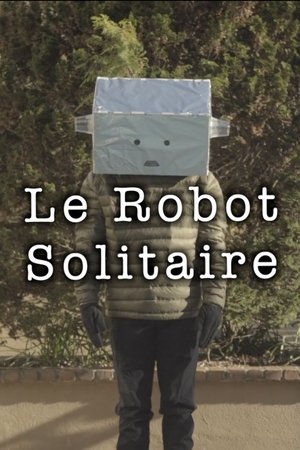 10.0
10.0Le Robot Solitaire(xx)
Robots live alongside mankind in a not too distant future, but are they really living?
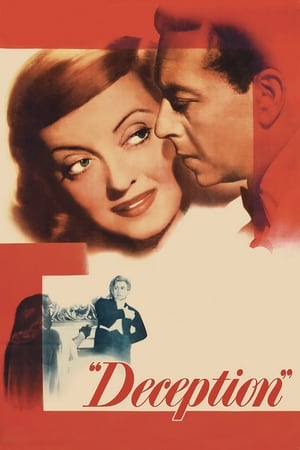 6.5
6.5Deception(en)
After marrying her long lost love, a pianist finds the relationship threatened by a wealthy composer who is besotted with her.
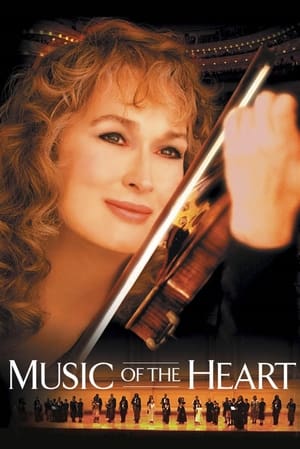 6.7
6.7Music of the Heart(en)
Story of a schoolteacher's struggle to teach violin to inner-city Harlem kids.
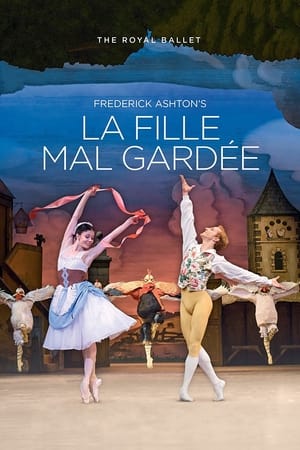 0.0
0.0La Fille Mal Gardée (The Royal Ballet)(en)
Frederick Ashton's La Fille mal gardée (The Wayward Daughter) is one of the choreographer's most joyous and colourful creations. Inspired by his love for the Suffolk countryside, the ballet is set on a farm and tells a story of love between Lise, the daughter of Widow Simone, and Colas, a young farmer. It contains some of Ashton's most stunning choreography, most strikingly in the series of energetic pas de deux that express the youthful passion of the young lovers, performed here by Natalia Osipova and Steven McRae. The ballet is laced with exuberant good humour, and elements of national folk dance, from dancing chickens and a maypole dance to a Lancashire clog dance for Widow Simone, performed by Philip Mosley.
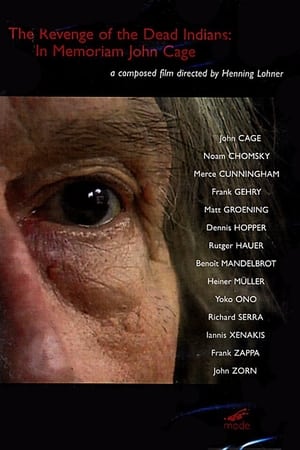 0.0
0.0The Revenge of the Dead Indians(en)
This is a full-length documentary honoring the life and work of American composer and artist John Cage. Cage is considered one of the most influential composers of the 20th century. This documentary features interviews with various personalities from different fields as they introduce us to the life and work of this great American artist.
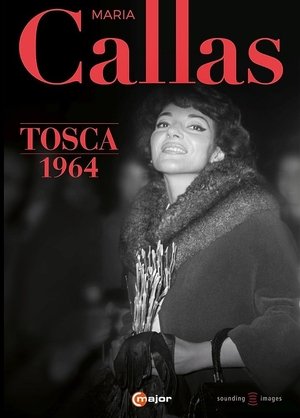 0.0
0.0Maria Callas Sings Tosca, Act II(en)
At the beginning of 1964, the music world experiences something completely unexpected. Maria Callas returns to the opera stage as the prima donna. Her “Tosca” at the Royal Opera House becomes a sensation. Maria Callas wants to show everyone once again that she deserves the title of “prima donna assoluta.” On the condition that star director Franco Zeffirelli take over the direction, the exceptional singer agrees to sing the role of Tosca. The BBC recorded the 2nd act of the opera for television. It is one of the most dramatic acts in opera history: in order to free the painter Cavaradossi from the hands of torturers, Tosca ends up murdering the police chief Scarpia. The film footage is one of the rare opportunities to see Maria Callas in an opera performance and to experience her highly emotional performance art and vocal abilities...
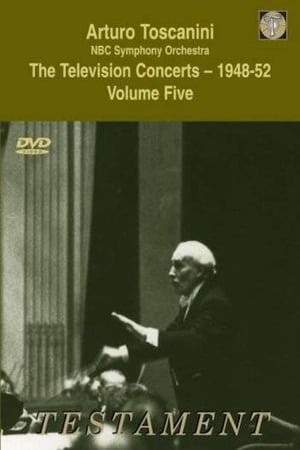 0.0
0.0Toscanini: The Television Concerts, Vol. 9: Beethoven: Symphony No. 5/Respighi: The Pines of Rome(en)
The historic Toscanini television concerts with the NBC Symphony Orchestra. Broadcast #9 was of a concert on March 22, 1952, at Carnegie Hall, featuring Beethoven's 5th Symphony and Respighi's Pines of Rome. (Concerts #8 and #9 were released on "Vol. 5" in the DVD series.)
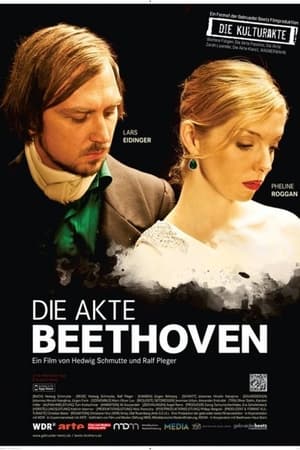 10.0
10.0Die Akte Beethoven(de)
In a mixture of feature film, music documentary and animated comics, historical facts are retold, analyzed and interpreted in modern settings. Ludwig van Beethoven, played by Lars Eidinger, becomes a contemporary of today's audience. Quick-tempered, irascible, curmudgeonly - that is the common image of Ludwig van Beethoven, the composer with the wild lion's mane. But there is also another Beethoven - young, seductive, spirited and, above all, combative.
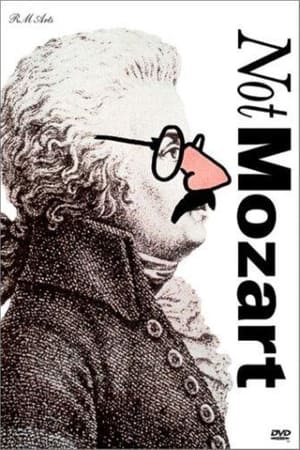 7.0
7.0Not Mozart: Letters, Riddles and Writs(en)
Letters, Riddles and Writs is a one act opera for television by Michael Nyman broadcast in 1991.
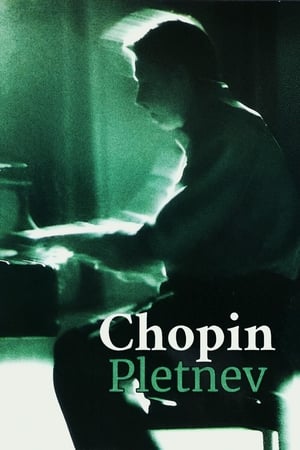 6.3
6.3Chopin-Pletnev: Cello(en)
This short film is made for the "Chopin-Pletnev" disc which marked Mikhail Pletnev's debut as a pianist on Deutsche Grammophon. In the film, we witness Mr. Pletnev's journey, starting from him on his way to studio, through his performance of Chopin's Etude Op. 25 No. 7 in C sharp minor "The Cello" and the process afterwards. One is struck repeatedly by Pletnev's crystalline arpeggiations, the velocity of his passage work, his singing tone, his rhythmic suppleness, and, above all, the grandeur of his sound.
 7.0
7.0The Sound of Identity(en)
In the spotlight of global media coverage, the first transgender woman ever to perform as Don Giovanni in a professional opera, makes her historic debut in one of the reddest states in the U.S.
